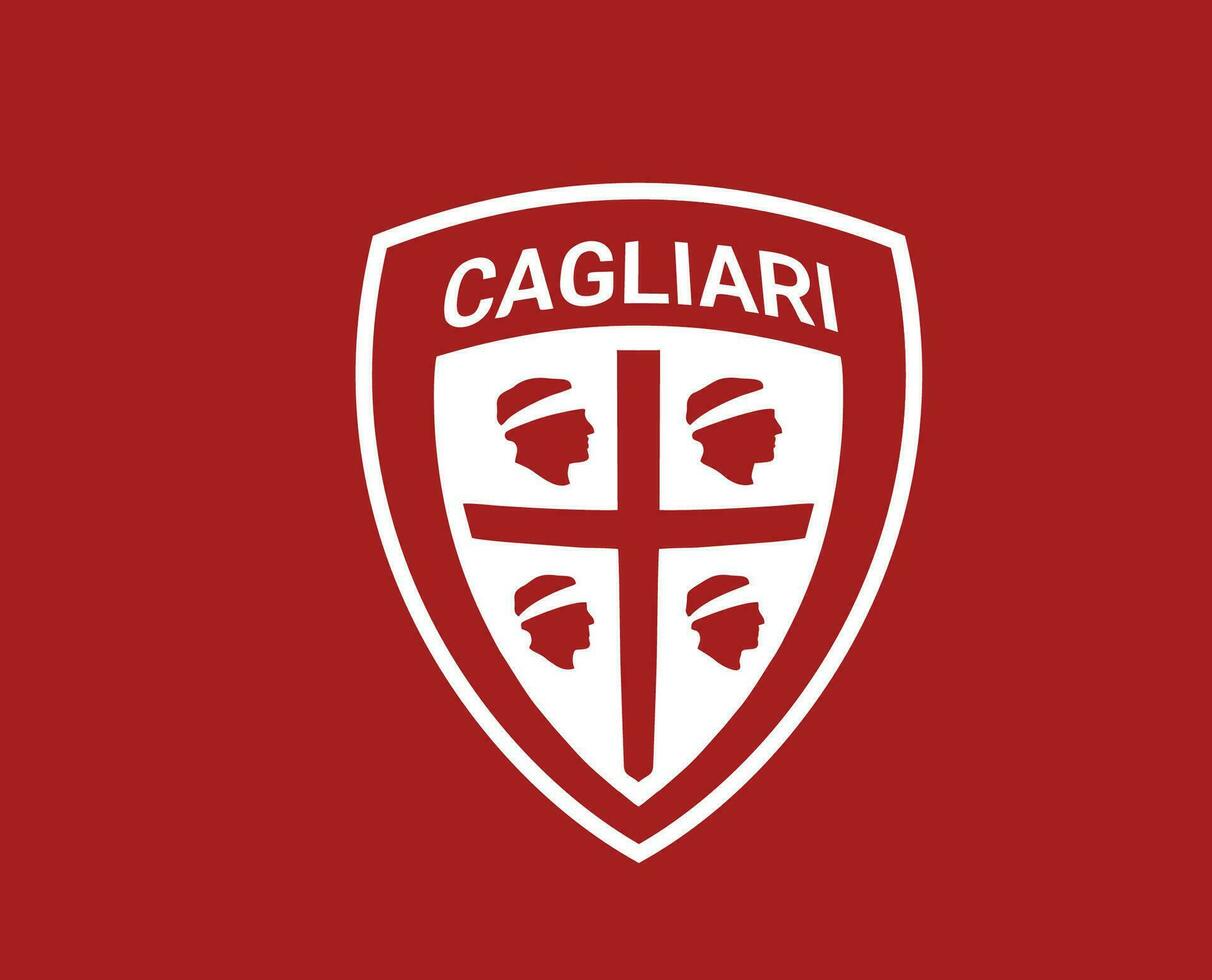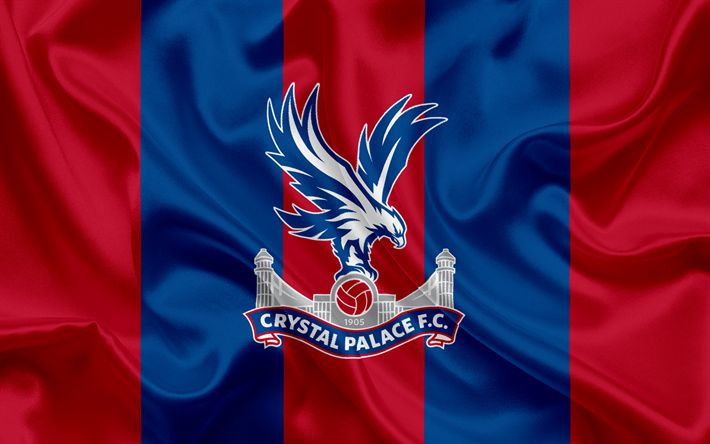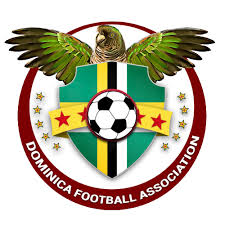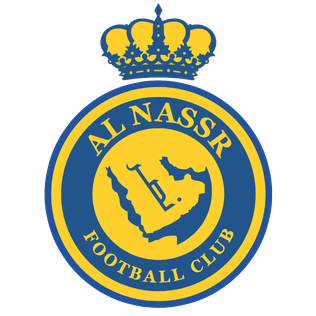
Cagliari Club
The Cagliari Club is a cornerstone of Italian football, representing not just a city but an entire culture and identity. Founded in the early 20th century, the club has weathered highs and lows, influencing local pride and uniting fans through the love of the game. In this extensive overview, we will explore various dimensions of the Cagliari Club, from its rich history to its current standing in the Serie A ww88.
Overview of Cagliari Club
Cagliari Club isn’t merely a football team; it’s a vibrant community that encapsulates the spirit of Sardinia. Hailing from the island’s capital, the club has earned respect over decades through tenacity, passion, and an unwavering connection with its supporters. The team’s colors, traditionally characterized by a dark red and blue, symbolize the heart and soul of Cagliari.
Established in 1920, Cagliari Club‘s journey has been remarkable. The club has faced challenges typical of many teams, including financial difficulties, relegations, and restructurings. Yet, through every storm, the Cagliari faithful have remained resilient, embodying loyalty and solidarity in support of their players. This deep dive aims to illuminate the multifaceted aspects of the Cagliari Club that make it unique.
The City of Cagliari
Cagliari, the city itself, plays an integral role in the club’s narrative. Located on the southern coast of Sardinia, it is a vibrant harbor city full of cultural heritage, stunning landscapes, and a warm Mediterranean climate.
The city’s geography, encompassing both land and sea, offers a picturesque backdrop for the games held at the club’s home stadium. It’s a place where ancient castles meet bustling markets, reflecting a richness in tradition that permeates the Cagliari Club. The fans feel this connection deeply, often expressing their pride not only through football but also via traditional celebrations and events that commemorate their shared identity.
Core Values of Cagliari Club
The core values of the Cagliari Club revolve around teamwork, respect, and community engagement. Football is more than just a sport in Cagliari; it’s a binding force that brings people together, fostering connections across generations.
The club actively engages with the local community, organizing youth programs and outreach initiatives. This emphasis on social responsibility highlights the importance of nurturing future talents while also giving back to the city that supports them.
History of Cagliari Club
To understand the essence of the Cagliari Club, one must delve into its fascinating history. Established in 1920, the club began playing in regional leagues before making its mark on the national stage.
The Early Years
In its formative years, Cagliari Club faced numerous challenges typical of newly formed clubs. Financial constraints and limited resources made it difficult to compete against more established teams. However, perseverance and strategic planning allowed the club to rise through the ranks.
During these early years, the club focused on building a solid foundation, recruiting local talent and fostering relationships within the community. These efforts not only contributed to sporting competitiveness but also laid the groundwork for a loyal fan base that continues to thrive today.
The Golden Era
The 1960s marked a significant turning point in the history of the Cagliari Club, as it saw the club achieve unprecedented success. Under the management of legendary coach Manlio Scopigno, Cagliari clinched its first Serie A title in 1970.
This triumph was a watershed moment for the club and the region, as it propelled Cagliari onto the national and international stages. The success came with iconic players like Gigi Riva, who became synonymous with Cagliari. His talent and charisma captured the hearts of fans, creating an enduring legacy that resonates even today.
Challenges and Resilience
Following its golden era, Cagliari faced a tumultuous period characterized by relegation battles and administrative hurdles. The late 20th century was marked by struggles to maintain top-tier status in Serie A.





